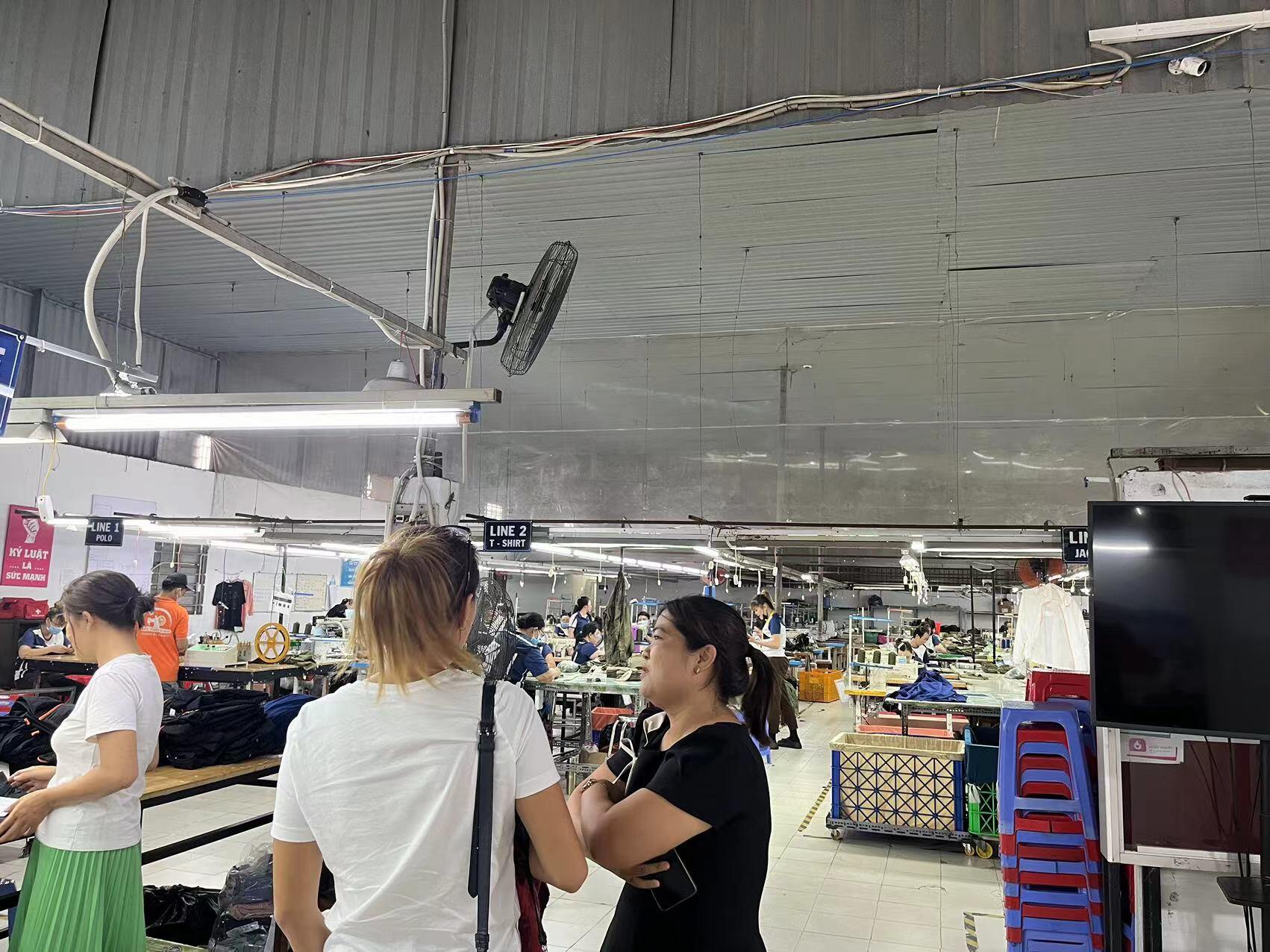Overcoming Cultural Barriers in Asian Manufacturing: Strategies for Success
Introduction: The Importance of Cultural Understanding in Manufacturing
Cultural differences can pose significant challenges in the manufacturing sector, especially in diverse regions like Asia. Understanding and overcoming these barriers is crucial for fostering effective collaboration, enhancing productivity, and ensuring the success of international manufacturing operations. This blog explores the common cultural barriers in Asian manufacturing and provides strategies for overcoming them.
Common Cultural Barriers in Asian Manufacturing
Communication Styles:
-
- High-Context vs. Low-Context Communication: Many Asian cultures, such as those in China, Japan, and Korea, rely on high-context communication, where much of the information is implicit and context-dependent. In contrast, Western cultures often use low-context communication, where messages are explicit and detailed. This difference can lead to misunderstandings and misinterpretations.
- Indirect Communication: In several Asian cultures, direct confrontation or criticism is avoided to maintain harmony and avoid loss of face. This can result in indirect communication, where true opinions or problems may not be openly expressed (ASEAN Briefing).
Hierarchical Structures:
- Respect for Authority: Many Asian cultures have a strong respect for hierarchy and authority. Employees may be reluctant to question or challenge their superiors, which can hinder open dialogue and innovation.
- Decision-Making: Decision-making processes can be slower in hierarchical cultures as approvals are often required from multiple levels of management (McKinsey & Company).
Work Ethic and Attitudes:
- Collectivism vs. Individualism: Asian cultures tend to emphasize collectivism, prioritizing group goals over individual achievements. This can affect teamwork dynamics and the approach to individual responsibilities (Vietnam Briefing).
- Work-Life Balance: Attitudes towards work-life balance can vary significantly, with some cultures expecting long working hours and high levels of dedication from employees (CNA).
Strategies for Overcoming Cultural Barriers
Cultural Awareness and Training:
-
- Cross-Cultural Training: Provide comprehensive cross-cultural training for employees at all levels. This training should cover cultural norms, communication styles, and business etiquette specific to the countries involved.
- Cultural Champions: Appoint cultural champions or liaisons within your team who are knowledgeable about the local culture and can help bridge gaps and facilitate understanding.
Effective Communication:
- Clear and Open Communication: Encourage clear and open communication by using simple language, avoiding idioms, and confirming understanding through feedback. Use visual aids and written summaries to reinforce verbal communication.
- Encourage Feedback: Create an environment where employees feel comfortable providing feedback and expressing their opinions. This can be facilitated through anonymous surveys, suggestion boxes, and regular team meetings.
Adapting Management Practices:
- Inclusive Decision-Making: Involve employees at all levels in the decision-making process to ensure diverse perspectives are considered and to foster a sense of ownership and engagement.
- Flexible Leadership Styles: Adapt leadership styles to be sensitive to cultural expectations. For example, while maintaining authority, leaders should also be approachable and supportive.
Building Relationships and Trust:
- Personal Connections: Invest time in building personal relationships with employees, suppliers, and partners. Understanding their backgrounds, values, and concerns can enhance trust and collaboration.
- Cultural Exchange Programs: Implement cultural exchange programs where employees from different regions can work together and learn from each other’s experiences and perspectives.
Adopting Best Practices:
- Local Adaptation: Customize corporate policies and practices to align with local cultural norms without compromising core business values. This may include adjusting work schedules, holidays, and incentive programs.
- Continuous Learning: Encourage continuous learning and adaptation by staying informed about cultural trends and changes. Regularly update training programs and management practices to reflect new insights.
How Asia Agent Pte Ltd Can Help
At Asia Agent Pte Ltd, we specialize in providing tailored solutions to help businesses overcome cultural barriers in Asian manufacturing:
Cross-Cultural Expertise:
-
- Our team comprises experts with deep knowledge of various Asian cultures. We provide cross-cultural training and support to help your team navigate cultural differences effectively.
On-the-Ground Support:
- With a local presence in key Asian markets, we offer on-the-ground support to facilitate smooth communication and collaboration between your international teams and local partners.
Customized Strategies:
- We develop customized strategies that address the specific cultural challenges faced by your business, ensuring that you can operate efficiently and harmoniously in diverse cultural environments.
Relationship Building:
- We assist in building strong relationships with local stakeholders, enhancing trust and cooperation through culturally sensitive approaches.
Conclusion: Embracing Cultural Diversity for Business Success
Overcoming cultural barriers is essential for the success of manufacturing operations in Asia. By understanding and respecting cultural differences, businesses can foster better communication, improve collaboration, and achieve greater efficiency. At Asia Agent Pte Ltd, we provide the expertise and support needed to navigate cultural complexities and achieve success in the dynamic Asian manufacturing landscape.




